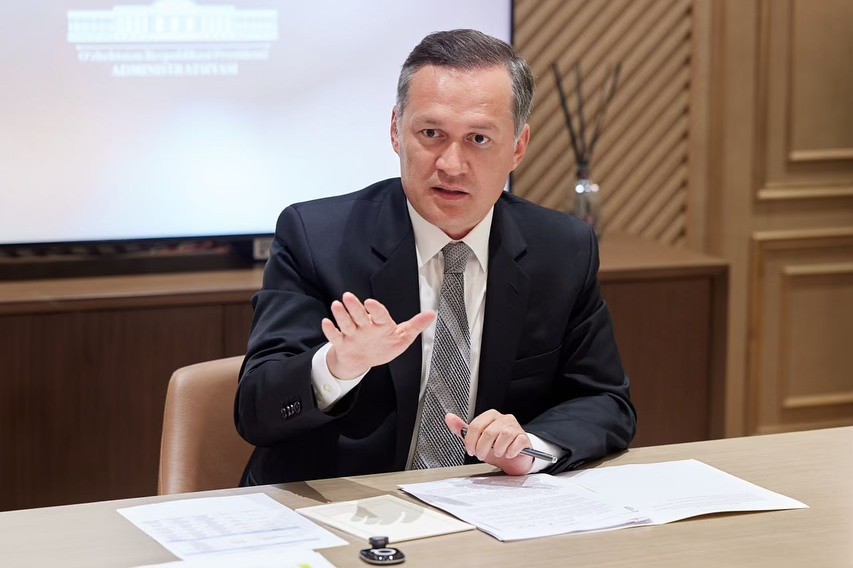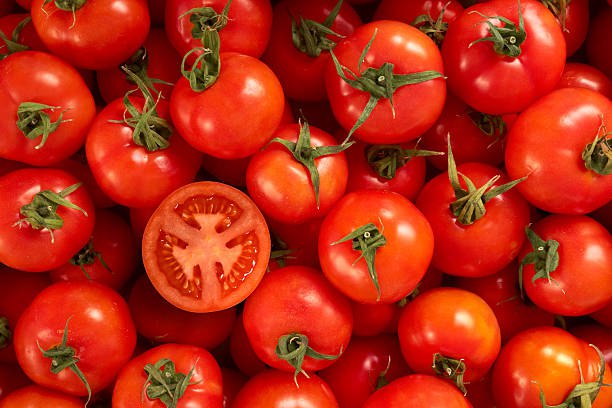Uranium One Group, a subsidiary of State Atomic Energy Corporation Rosatom. has announced its withdrawal from uranium projects in Kazakhstan. This decision coincides with Kazakhstan’s ongoing selection of operators for a consortium tasked with constructing the country’s first nuclear power plant. According to Kazatomprom (KAP), Uranium One Group has sold its 49.979% stake in the Zarechnoye joint venture to SNURDC Astana Mining Company Limited. The ultimate beneficiary of the acquiring party is China’s State Nuclear Uranium Resources Development Co., Ltd. Kazatomprom retains its 49.979% stake in the venture. The Zarechnoye joint venture, operational since its discovery in 1977, extracts uranium from the Zarechnoye deposit in Kazakhstan’s Turkestan region. As of early 2024, the deposit holds approximately 3,500 tons of uranium ore, with mining operations expected to conclude by 2028. In addition, Uranium One Group is set to divest its 30% stakes in the Khorasan-U and Kyzylkum joint ventures to China Uranium Development Company Limited, a subsidiary of China General Nuclear Power Corporation (CGN). The transaction awaits the completion of closing procedures. Kazatomprom’s share in these ventures remains unchanged, with 50% ownership in Khorasan-U and a 50% indirect interest in Kyzylkum. Khorasan-U operates in the Zhanakorgan district of the Kyzylorda region, mining uranium from the Khorasan-1 section of the North Khorasan deposit. This deposit contains reserves of approximately 33,000 tons of uranium as of 2024, with mining projected to continue until 2038. Meanwhile, Kyzylkum focuses on processing uranium from Khorasan-U but does not hold subsoil usage rights, restricting its activities to processing. Kazatomprom has prioritized replenishing its mineral resource base, recently securing four new licenses for uranium exploration. These areas are estimated to contain over 180,000 tons of uranium, which Kazatomprom plans to develop independently. In November 2023, Kazakhstan’s Ministry of Ecology and Natural Resources reported environmental violations at the Zarechnoye joint venture. Soil samples revealed excessive concentrations of sulfuric acid, prompting authorities to issue directives for remediation. Kazakh political analyst Daniyar Ashimbayev highlighted that Kazatomprom oversees 14 subsidiaries, including joint ventures with Japan, France, Russia, Kyrgyzstan, and China. These partnerships underscore Kazakhstan’s significant role in the global uranium market. China and Russia remain the largest importers of Kazakh uranium. From January to October 2023, Kazakhstan exported $2.46 billion worth of uranium, with $922.7 million going to China and $1.2 billion to Russia. Several nations are vying for inclusion in the consortium that will construct Kazakhstan’s first nuclear power plant. During a state visit to Kazakhstan, Russian President Vladimir Putin emphasized Rosatom’s advanced nuclear technologies. Valentina Matvienko, Speaker of Russia’s Federation Council, underscored Kazakhstan’s interest in Rosatom’s involvement. However, President Kassym-Jomart Tokayev has yet to finalize the decision. Kazakhstan’s Energy Minister, Almasadam Satkaliyev, has recently visited South Korea, France, and China to explore nuclear energy partnerships. Political analyst Gaziz Abishev affirmed this diplomatic outreach as a strategic effort to secure the most advantageous terms for Kazakhstan, ensuring that competing nations present their best proposals.


